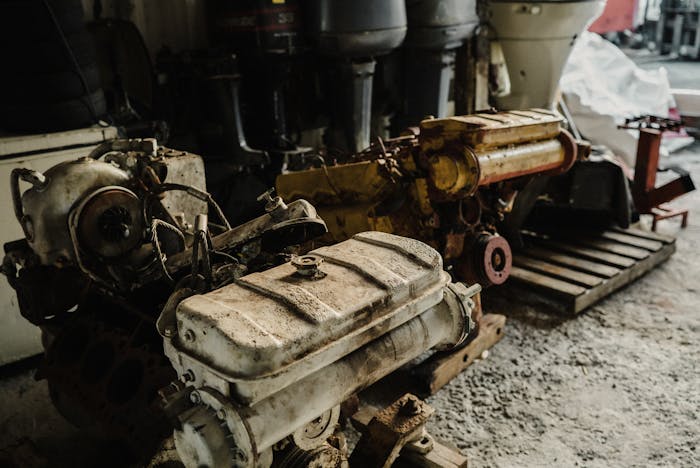Used car parts come in handy when it comes to getting some money-saving solutions for vehicle owners. But it comes down to having a plan in place for it to be effective. By knowing where to look, buyers will be able to make better choices and not lose money on repairs. This guide will explore some important tips and tricks about buying used car parts.
Identify Specific Needs
Identify the parts that you need before looking for used car parts in Whangarei. It is vital to have the right information on the make, model, and year of the car. Having the part number, if available, can also make it a little easier to find. This guarantees that the component you ordered will fit and operate smoothly.
Assess Condition and Quality
For second-hand car parts, the condition is the most significant factor. Check for any wear, damage, or signs of corrosion. When it comes to mechanical components, like engines, transmissions, etc., ask about any previous repairs or renovations. Check that the electrical system works properly. Requesting close-up photos or going to see the part in person are great ways to gauge the quality of the piece.
Verify Compatibility
Compatibility is one of the most important things to remember when buying used car parts. For the parts to work properly, they have to be compatible with the car’s specifications. Checking the owner’s manual or asking professionals can help. You can also learn from online forums and automotive communities about which parts fit which vehicles.
Research the Seller
Sellers are not equally trustworthy. We can research the seller’s style and products, which can help us determine whether the seller’s products are worth our trust. Feedback and ratings from customers can also help you get a feel for how honest the seller is. Many reputable sellers will also provide warranties or return policies, which can give you some additional peace of mind.
Understand Return Policies
Knowing the seller’s return policy before completing a purchase is a must for buyers. A generous return policy can safeguard the purchaser in case the part does not turn out to be what they expected. Read the terms thoroughly and understand any stipulations or deadlines that apply. This knowledge can save us from unpleasant surprises when purchasing.
Consider the Price
Used parts can save you some money, too, but they can be inconsistently priced. It’s easier to have comparisons, so you’re not getting gouged. Watch out for prices that are too good to be true, which may mean bad quality. On the other hand, the highest prices are not always the best quality. It is all about finding that sweet spot between quality and cost.
Check for Warranties
Not all used car spare parts come with a warranty, but a warranty is a good way to protect yourself when purchasing them. Other sellers provide limited warranties that apply to specific periods or situations. Knowing the warranty can help the buyer feel good about the purchase. If there is a warranty, consider this an important point in your decision-making process.
Inspect for Authenticity
In the second-hand parts market, unauthorized or counterfeit components remain a risk. To guarantee safety and efficiency, authenticity is very important. Look for markings, logos, or serial numbers from a manufacturer. The best thing to do is probably to go to a professional mechanic who can check and confirm whether it is an authentic match if you are unsure. High-quality spare parts help the car run long and work without any hiccups.
Consider Environmental Impact
Using used auto parts benefits the environment. It also minimises wastage, which is an impeccable resource management practice as we reuse parts. When opting for second-hand parts, be mindful of the wider ecological advantage that they provide. As such, undertaking sustainable measures in the automotive sector today can considerably help us achieve a greener future.
Seek Professional Advice
If you are unsure, talking to a professional mechanic or automotive expert can be very helpful. Experts can provide some insight into the flexibility and quality of the used accessories. Their knowledge can help you decide all of the choices and bolster trust in the acquisition. Having a local trusted professional, you can rely on can also help when you need service for your car.
Conclusion
There are a few economic and environmental benefits to buying used car parts. With these tips in mind, the process can be easy for vehicle owners. These precautions, like checking compatibility, testing quality, and confirming authenticity, are crucial to a successful purchase. Used parts can offer a cost-effective solution to keeping vehicles moving, but one needs to do proper research and due diligence before opting for them.


